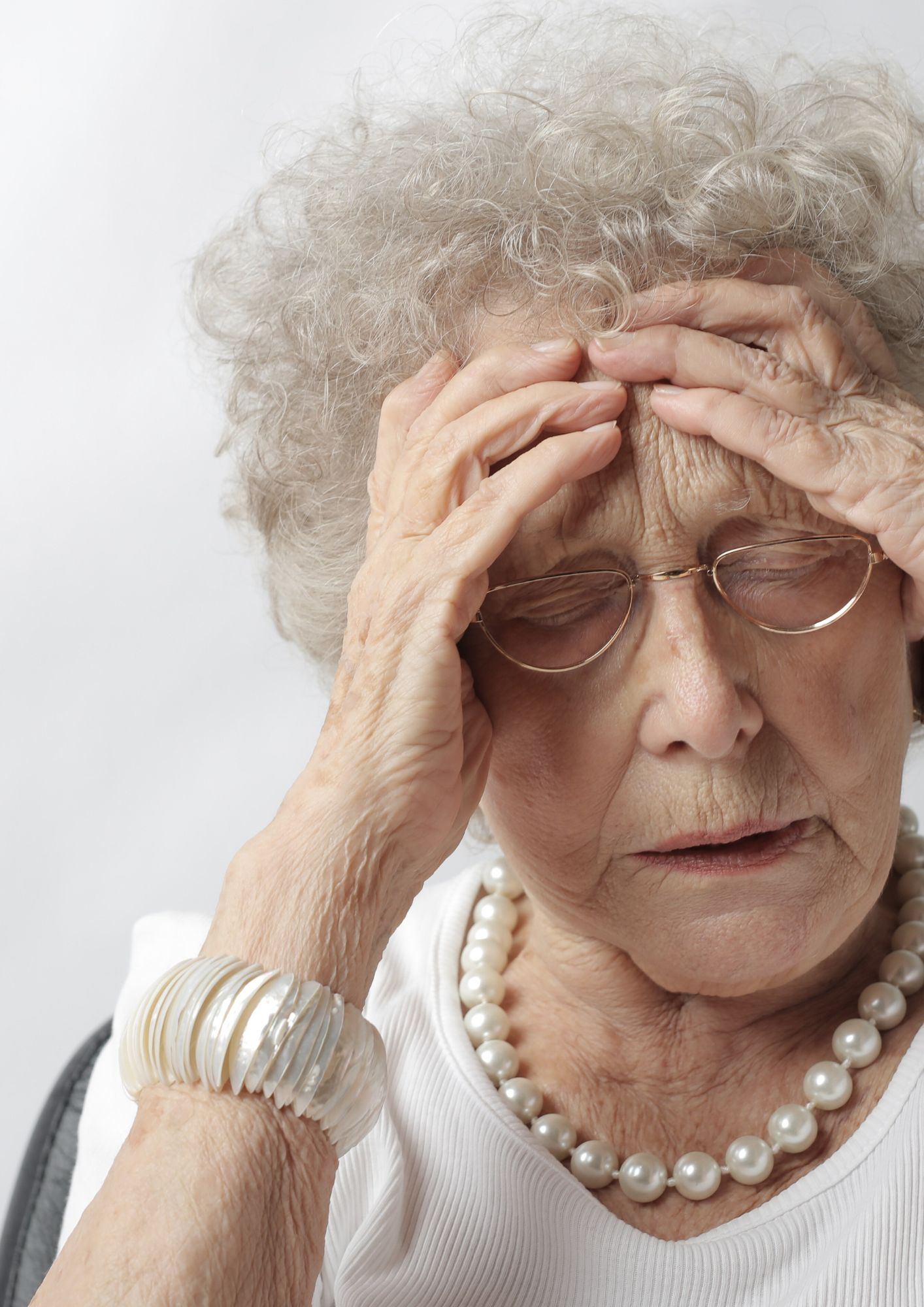When you think of neglect in nursing homes, your mind may immediately jump to overt forms of abuse. However, passive neglect is a subtler, yet equally damaging, form of mistreatment that often goes unnoticed. In Washington DC, where nursing home care is a critical issue, understanding passive neglect is essential.
Contact Us Today to Schedule
A Free Consultation
Passive neglect is a form of elder abuse that often goes unnoticed. Unlike active neglect, where caregivers intentionally withhold care, passive neglect occurs when caregivers unintentionally fail to provide adequate care.
This can happen due to a lack of training, resources, or awareness. In Washington DC, passive neglect in nursing homes is a serious issue that requires immediate attention.

You may wonder how to identify passive neglect. Look for signs such as unattended medical needs, poor hygiene, and malnutrition. Unlike more overt forms of abuse, passive neglect can be subtle and easy to overlook. If you notice these symptoms in a loved one residing in a DC nursing home, it’s crucial to take action.
If you notice any of these signs in a loved one residing in a DC nursing home, it’s imperative to act swiftly. By being vigilant and recognizing these signs, you can take the necessary steps to ensure the well-being of your loved ones in nursing homes in Washington DC. Remember, passive neglect is not only harmful but also illegal, and you have the right to seek legal remedies.
In Washington DC, nursing home neglect, including passive neglect, is against the law. The DC Department of Health and Human Services has guidelines that clearly define what constitutes neglect, and penalties can be severe for facilities found in violation. Failure to address passive neglect can result in severe penalties for the nursing home, including fines and license revocation.
If you suspect that passive neglect is occurring in a Washington DC nursing home, taking immediate action is crucial. Here’s a step-by-step guide on how to report passive neglect effectively:
Before you make a formal complaint, gather as much evidence as possible. This could include photographs, medical records, or written accounts from witnesses. The more comprehensive your evidence, the stronger your case will be.
As a first step, bring your concerns to the attention of the nursing home’s management. They may be unaware of the neglect and could take immediate action to rectify the situation. However, if the issue persists or is severe, proceed to the next step.
In Washington DC, the Adult Protective Services (APS) is responsible for investigating reports of elder abuse and neglect. You can reach out to them via phone or through their online reporting system. Provide all the evidence you’ve gathered to support your claim.
The local ombudsman serves as an advocate for residents of nursing homes. They can provide additional support and guidance during the reporting process. In DC, you can find your local ombudsman through the Office of the State Long-Term Care Ombudsman.
If the issue remains unresolved, you may need to file a formal complaint with the DC Department of Health. This department has the authority to conduct investigations and impose penalties on nursing homes found in violation of care standards.
For severe cases of passive neglect, legal action may be necessary. Consult with an attorney who specializes in elder law or nursing home abuse. They can guide you through the legal process and help you understand your rights and options.
Contact Us for a Free Consultation Today
If you suspect passive neglect in a DC nursing home, consult a specialized lawyer immediately. A nursing home neglect lawyer can guide you through the legal process, helping you understand your rights and options. They can assist in gathering evidence, filing complaints, and pursuing legal action against the nursing home.
Don’t let passive neglect go unaddressed. If you suspect that a loved one is a victim, consult a DC nursing home abuse and neglect right away. Your timely action can prevent further harm and ensure that the nursing home is held accountable. By understanding what passive neglect is and how it manifests in DC nursing homes, you empower yourself to take decisive action. Remember, the law is on your side, and a specialized DC nursing home neglect lawyer can help you navigate it.